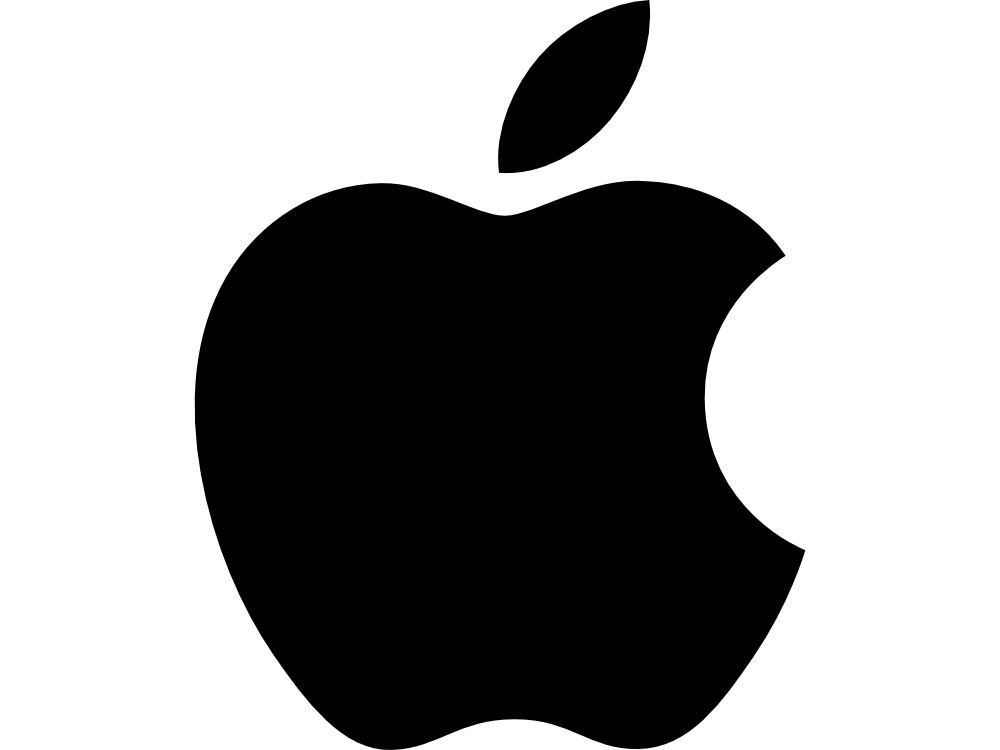Apple and Another Terrible, Horrible, No Good, Very Bad Week
posted Saturday Oct 25, 2014 by Scott Ertz

Exactly one month ago, Apple had a very bad week. Between build quality issues on the iPhone 6, iOS 8 update issues, iCloud and Apple Pay security plus a UNIX bug, life was not good for their customers or the company in the press. One thing we have learned about Apple is that they have a plan for recovering from major public relations disasters; perhaps that is a thing of the past. This week, Apple had another series of PR disasters, many related to the last batch.
Apple Pay Partners Jumping Ship
Apple Pay is the new kid on the block in the mobile payment world. Numerous companies have had this type of system in place for a while; some for years. Lots of other companies, though, are working on their own standards at the same time as this launch; many of these groups are made up of interested parties.
Softcard is the best known of these groups, partially because of their brand change from ISIS for obvious reasons, but mostly because of the founding partners: AT&T, T-Mobile and Verizon. When 3 of the big 4 get together on something, people tend to pay attention. Softcard is not the only group, however.
Mobile Customer Exchange (MCX) has a competing standard: CurrentC. Unlike Softcard, though, MCX is made up of many large retailers, including CVS Healthcare and Rite Aid. Not coincidentally, both of these pharmacies have turned off their support of Apple Pay this week. This comes almost immediately on the heals of the launch of Apple Pay.
Most of the industry, myself included, had hoped that the launch of Apple Pay would help increase the awareness of NFC-based payments in retailers. Unfortunately, it is doing just that, but not in a way that is going to make these payments easier for consumers. While retailers have the hardware in place to accept Google Wallet, Apple Pay, PayPal, etc., turning off access to one or more of these platforms will not make the idea of NFC payments appear more convenient. What is does is makes Apple Pay look more niche and less useful.
Apple Pay Partner Double Charges
Even if you are using Apple Pay at a compatible retailer, it might not go exactly as planned. If you have used Apple Pay with Bank of America, you have might have noticed an issue where you were charged twice for your purchases.
While Bank of America has not commented on the cause of the issue, they have issued refunds for those charges. The fact that they can issue these refunds indicates that they know the source of the issue and can run a report showing all of the instances of said glitch. Hopefully they have also solved the issue to prevent future instances.
The problem does not appear to be on Apple's side, as they neither process the payments, nor have there been reports of any other processors having similar problems. This should not be enough to prevent people from using the platform, but it is something to think about. With the launch of a new payment product, there are bound to be glitches, and those glitches often end up affecting those willing to test the platform in the wild.
iCloud Attack Acknowledged
After weeks of open speculation, and plenty of proof, Apple has acknowledged that its iCloud data has been breached. Now, there are a number of caveats about the breach, and they are clarified in the company's quote.
We're aware of intermittent organized network attacks using insecure certificates to obtain user information, and we take this very seriously. These attacks don't compromise iCloud servers, and they don't impact iCloud sign in on iOS devices or Macs running OS X Yosemite using the Safari browser.
The idea here is that, using a fairly common certificate injection, people have managed to get ahold of data stored in iCloud without actually accessing iCloud itself. This happens usually through browser access, though Apple claims that Safari is immune (likely this is not the case, so don't actually let your guard down).
iCloud Spying in China
China has been spying on its people, and others, for a long time. Our government has even barred the importing of certain handsets over the years in fear of just that. This week, some speculation over iCloud spying has come to the surface.
Using a man-in-the-middle attack, the government could get ahold of everything synced to and from Apple's servers. This could be standard iCloud files, like photos and video, iMessages, etc. If the government can get ahold of this data, it can be used to prevent protests. These anti-government protests have happened in other countries, much of which has been coordinated using smartphones.
Luckily for China, it is easy to pull off. Being a communist country, they can force the carriers to do their bidding. In this case, their bidding could be injecting false security certificates to redirect data to government collection servers.
iPad Sales Disappointing
Apple's earnings were released and some interesting stats came out. Obviously, iPhone sales are still their bread and butter. This is the product that changed their business model so much that they changed their company's name from Apple Computers to Apple Inc.
Unfortunately for them, as sales and demand for tablets continues to grow, their iPad sales have stagnated. This likely has a lot to do with the increase in low-cost Android and Windows tablets on the market. When you compare what can be accomplished with an iPad, which is essentially a large-screened iPhone, for $249 with what can be done on a $100 Windows tablet, Apple's value is non-existent.
The good news for the company is they planned for this; sales were right within the margins that were expected. Tim Cook describes the sales dip as a "speedbump and not a huge thing."

